(July 11, 2024) Sai Shankar Reddy Bokka in Austria is as jubilant as other people of Indian origin who welcomed PM Modi on his two-day visit to Austria on 9th July 2024. As the founding member of the Indian Professionals Association in Austria and the International Project Manager at Münzer Bioindustrie, the young professional views the PM’s visit to Austria as a significant one. “The Indian community is very pleased to welcome Prime Minister Modi to the world’s most liveable city, Vienna,” he tells Global Indian, happy to have met him and clicked a selfie with the leader.
PM Modi’s visit marks the first by an Indian prime minister in more than 40 years and is significant as the two nations celebrate 75 years of diplomatic relations. It is considered a major event in Indo-Austrian ties, with several cutting-edge collaborations expected. “Given that the last Indian prime minister to visit Austria was in 1983, Modi’s visit is a significant milestone,” remarks Shankar.
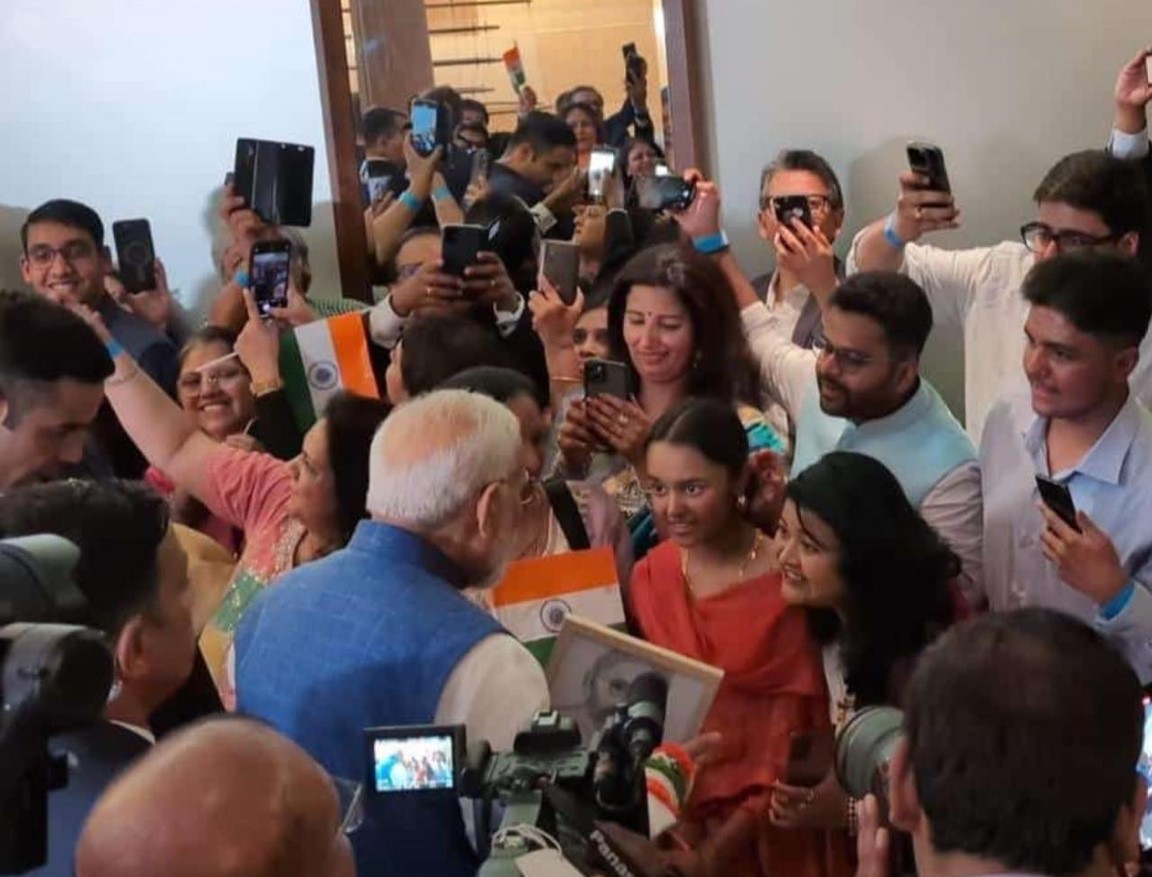
Indians expats during Modi’s Austria visit | Image credit: An Austria resident
For an Indian professional focused on increasing networking and collaborations between Austrian and Indian professionals, this event is a significant life experience for him. Shankar has represented his organisation in a few strategic networking meetings aimed at strengthening collaboration between the international community in Austria. Both his professional and volunteering roles make him hopeful about the outcomes of Modi’s visit to Austria.
Shankar’s journey as a Hyderabad native in Austria
Shankar chose to study at Riga Technical University in Latvia, the oldest technical university in the Baltic countries, for his bachelor’s degree in engineering in computer science. He then went on to pursue a master’s degree in data science from Technische Universität Wien, Austria.
The Hyderabad native describes himself as an “international enthusiast with a passion for information technology, computer engineering, international relations, and diplomacy.” His desire to make a difference by contributing to projects that lie at the intersection of technology and international relations led him to the role of International Project Manager at Münzer Bioindustrie, an organisation focused on liquid waste disposal and the production of waste-based biofuels, with subsidiaries in many countries including India.
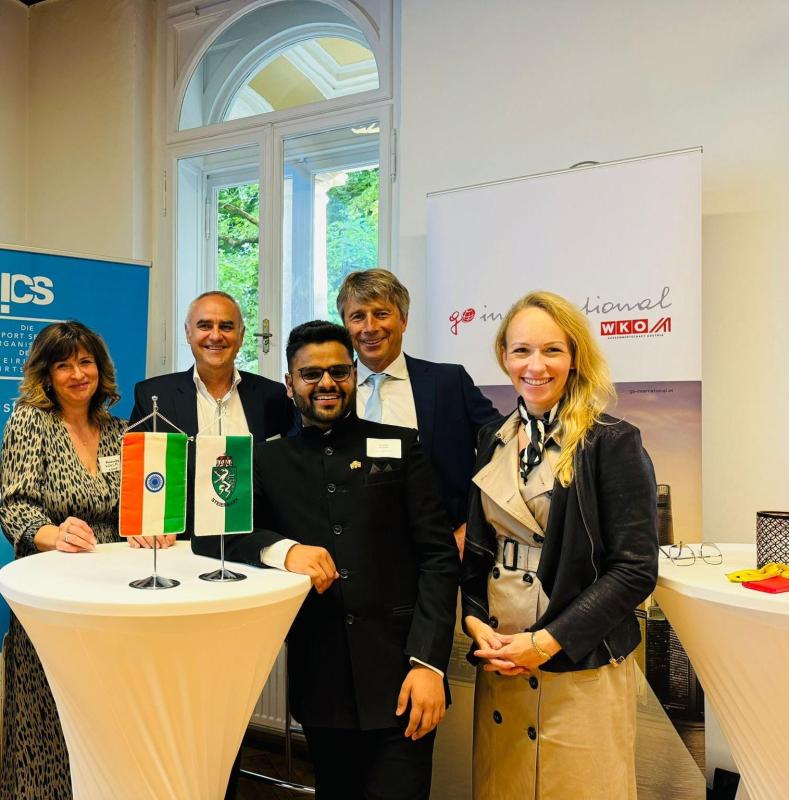
Shankar at New Indian Economic community meeting in Graz, Austria
“My organisation has invested heavily in projects in India,” he shares. As an international project manager, he has had the opportunity to proudly showcase Münzer Bioindustrie’s successful projects running in India to representatives from the economy, political spheres, and stakeholders in Austria.
Professionally and emotionally invested in India-Austria ties
For a young global Indian who is professionally and emotionally invested in a strong partnership between India and Austria, the Indian prime minister’s visit holds great significance. His deep emotional connections to both countries – India by birth and Austria by occupation -make the grand reception by the Austrian government of his country’s Prime Minister is especially meaningful to him. Talking about the PM’s day two schedule he mentions, “As we get to know he would be meeting Chancellor Nehammer and Austrian President Alexander Van der Bellen, Austrian entrepreneurs who have invested in Austria and Indian entrepreneurs who have invested in India.”
Startup India in collaboration with Advantage Austria have launched a bilateral startup bridge to accelerate collaboration in entrepreneurship and innovation across borders. This collaboration is a new one and after the PM’s visit is expected to open doors to increased opportunities and knowledge sharing – driving global change in the process.
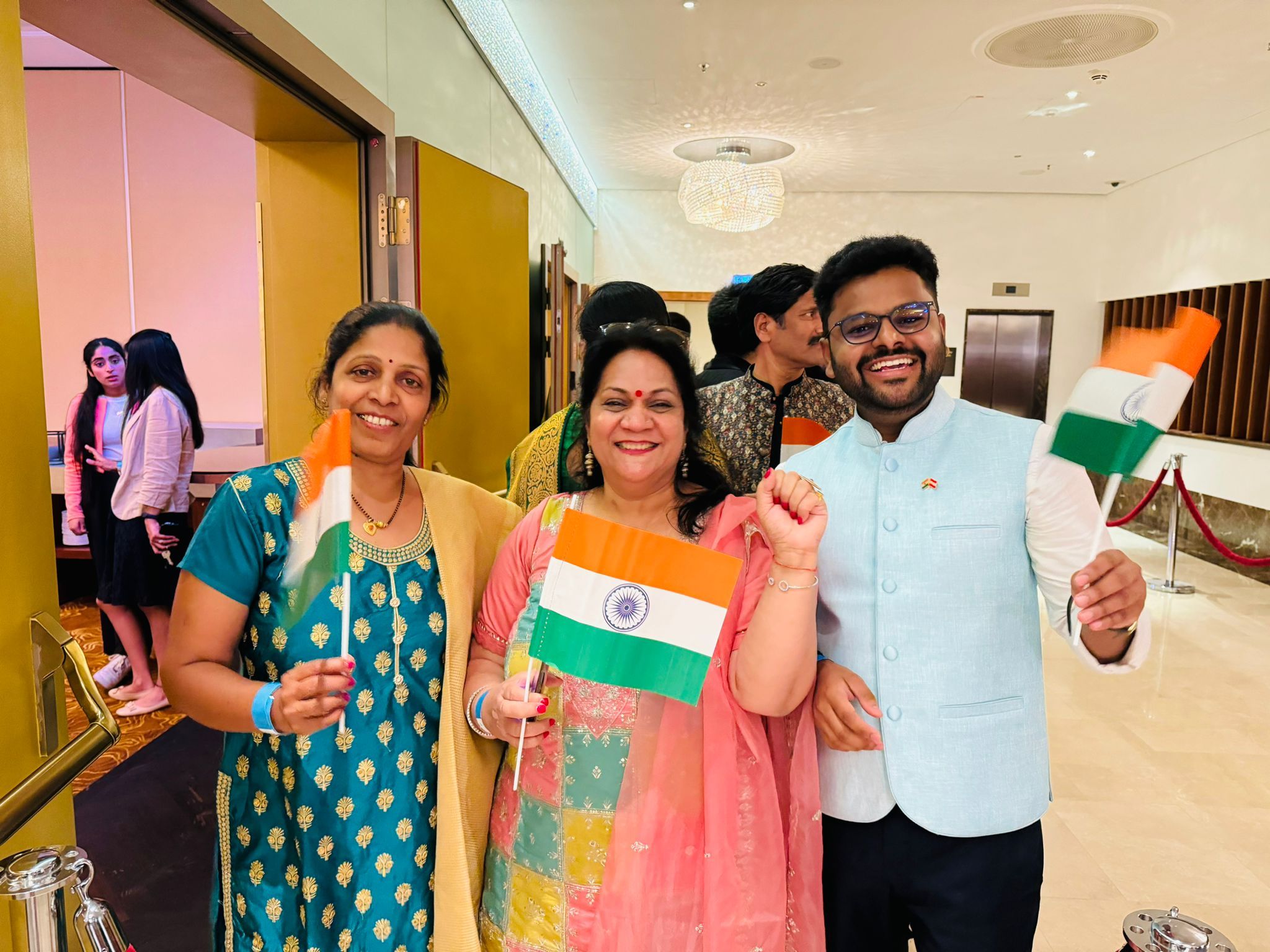
Shankar with other Indians expats during Modi’s Austria visit
As a person in love with his native country, Shankar looks forward to the Prime Minister’s address to the members of the diaspora in the evening and is eager to hear his speech live. “It would be a large gathering of the Indian community,” he says.
There are so many people in the world who never have the opportunity to pursue the career they love. I am glad I am not one of them,” he remarks. “I love what I do, and since starting my career in Austria, I’m thrilled to say that I’ve learned from many trained professionals in my field. I know that I still have much to learn from others in the industry. I’m a hard worker, a team player, and excited to see what projects could benefit from my unique skill set.”
Playing his part in the Austria-India partnership, Shankar visited Mumbai as a representative of Muenzer Bharat, a subsidiary of Muenzer Bioindustrie of Styria, Austria – a pioneer in waste collection and waste-to-energy processing since 1991. He is proud that in India, his organisation’s investments in a treatment facility for used cooking oil and a production plant for waste-based biodiesel helps prevent severe environmental and health implications, contributing to a cleaner and healthier India. “Overall, I would say that Mr. Modi’s visit to Austria will create a robust framework for economic collaboration, benefiting both nations and the Indian expats in Austria,” he signs off.
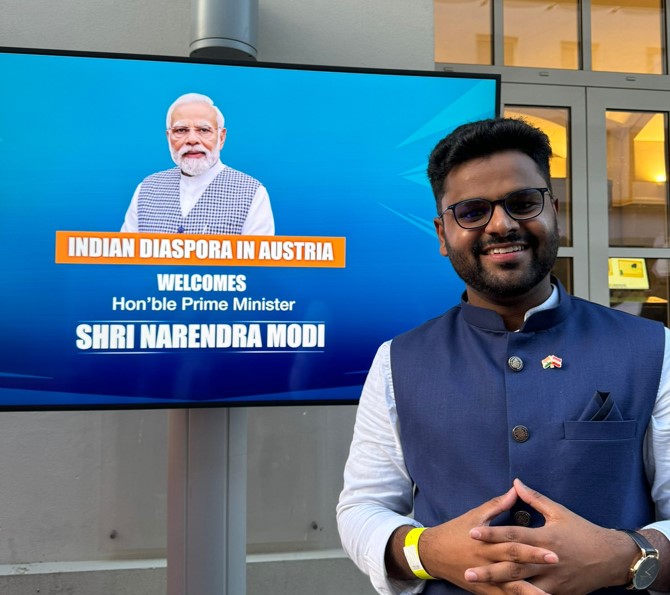
Shankar at the venue of Modi’s interaction with Indian expats in Austria
- Follow Sai Shankar Reddy Bokka on LinkedIn


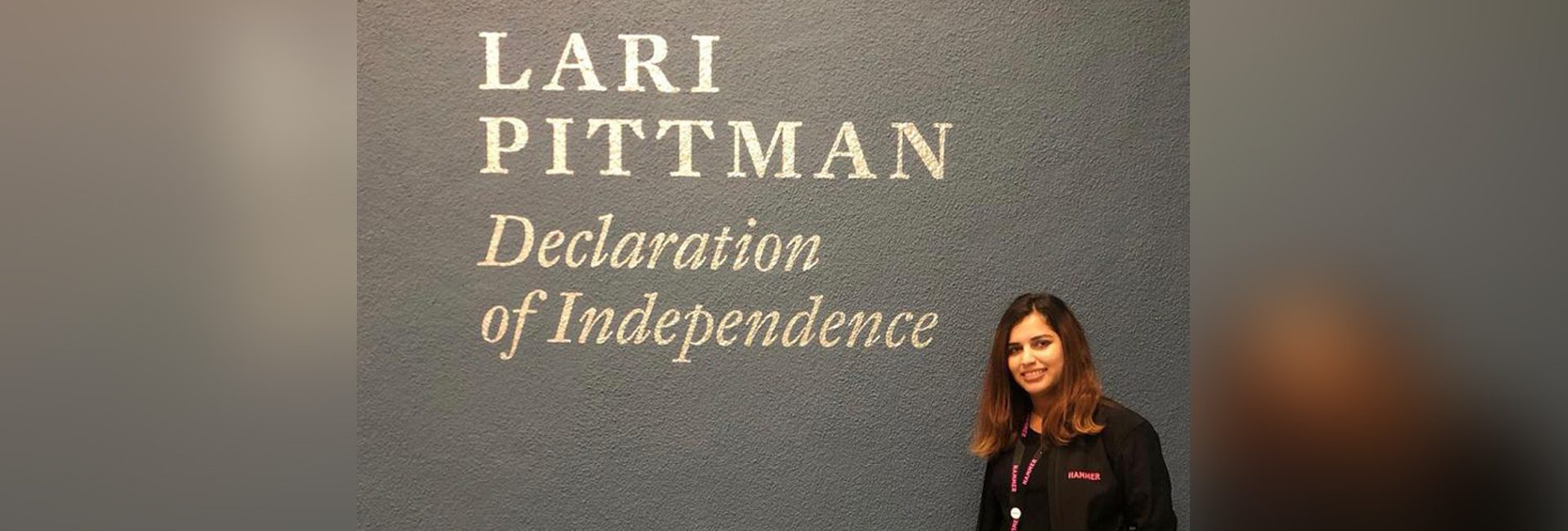


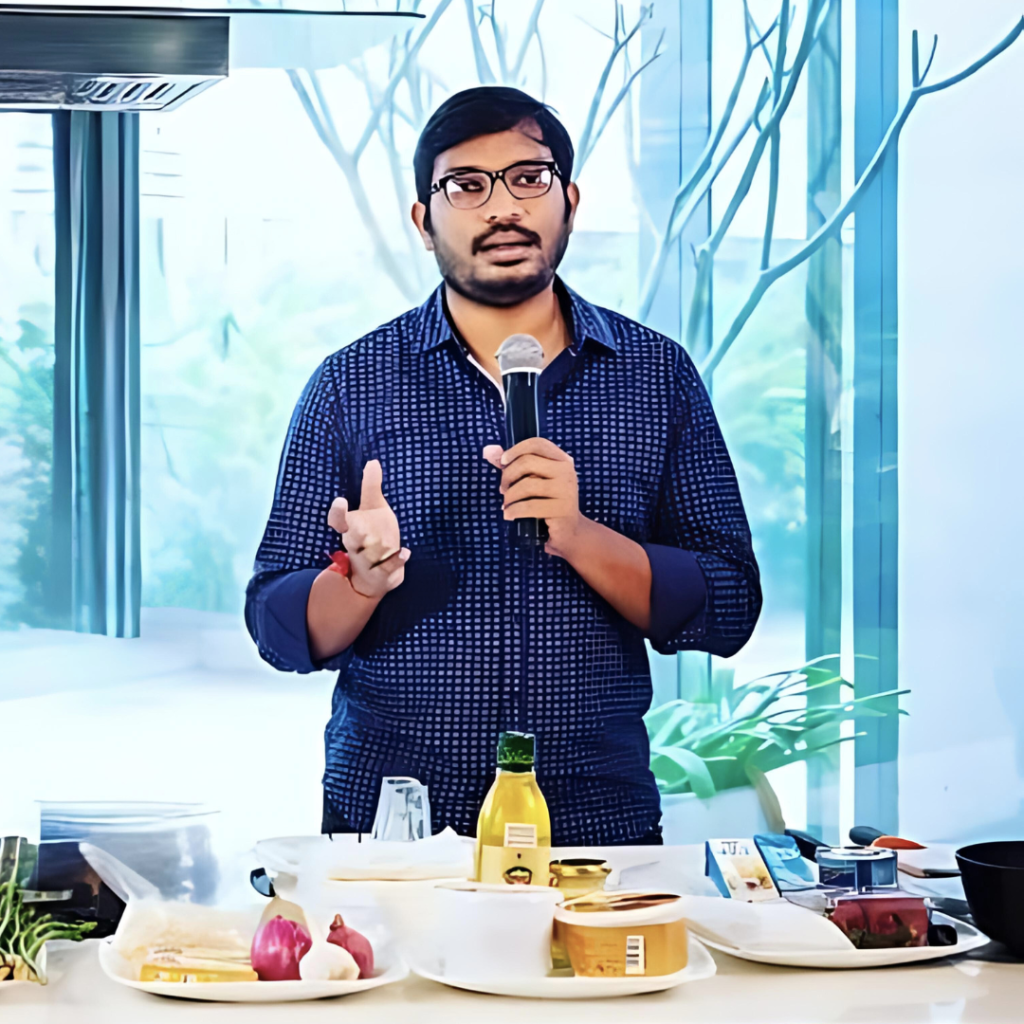

 Dr Kalyani Gopal[/caption]
Dr Kalyani Gopal[/caption]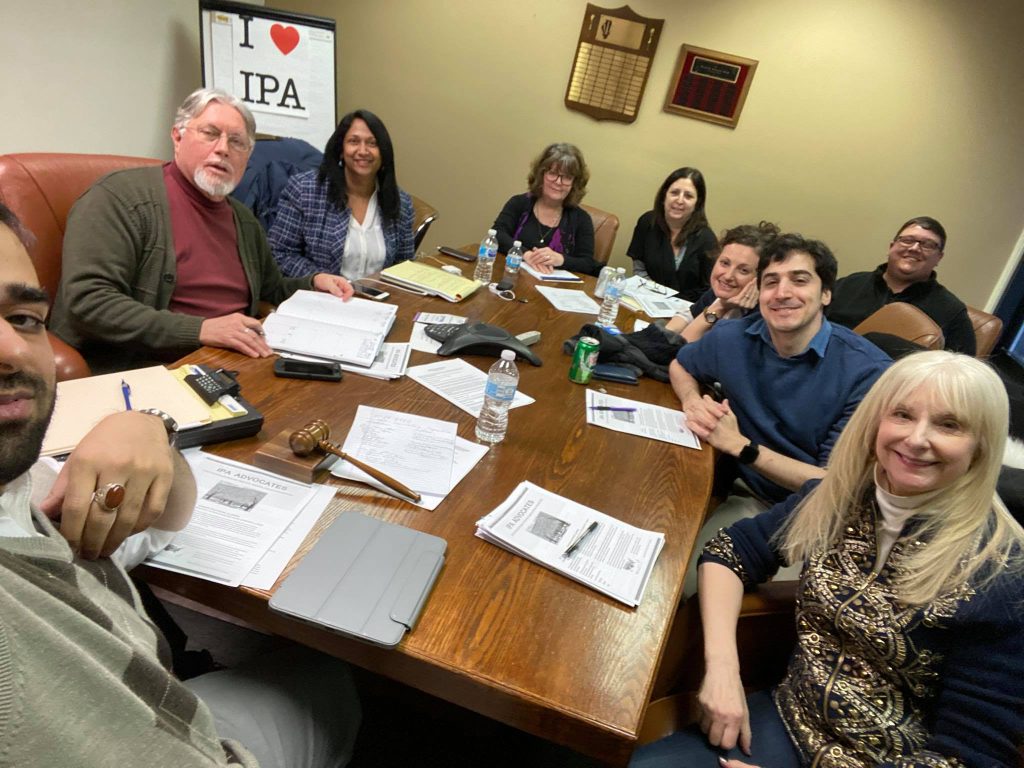 Dr Kalyani Gopal at one of
Dr Kalyani Gopal at one of 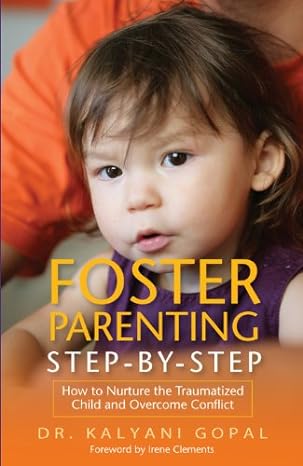 One of Dr Kalyani Gopal's books[/caption]
One of Dr Kalyani Gopal's books[/caption]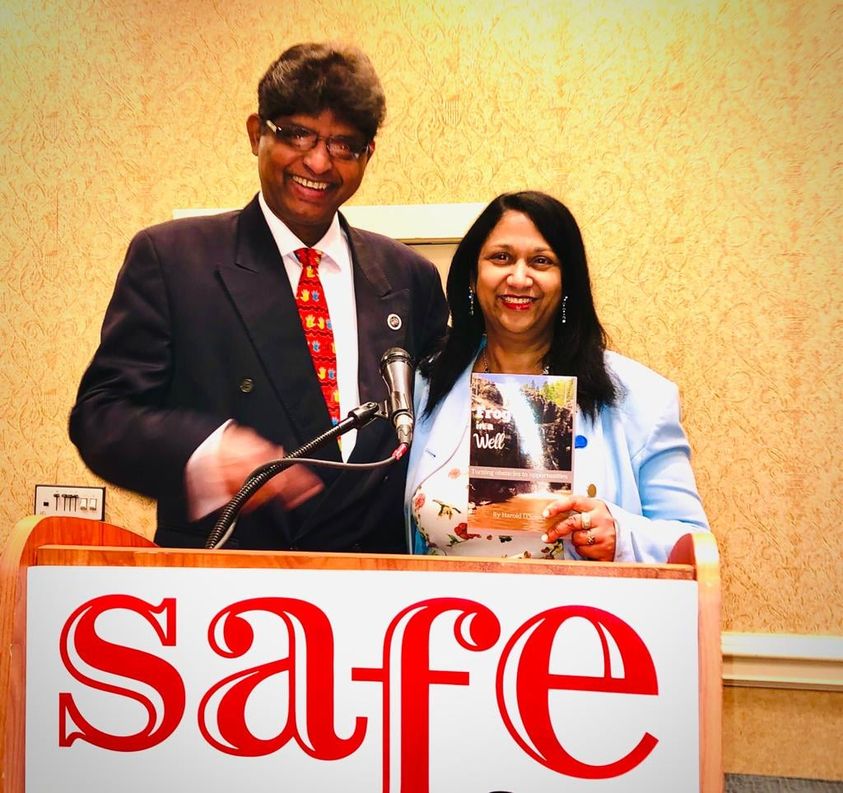 Dr Kalyani Gopal with Eyes Open International founder, Harold D'Souza[/caption]
Dr Kalyani Gopal with Eyes Open International founder, Harold D'Souza[/caption]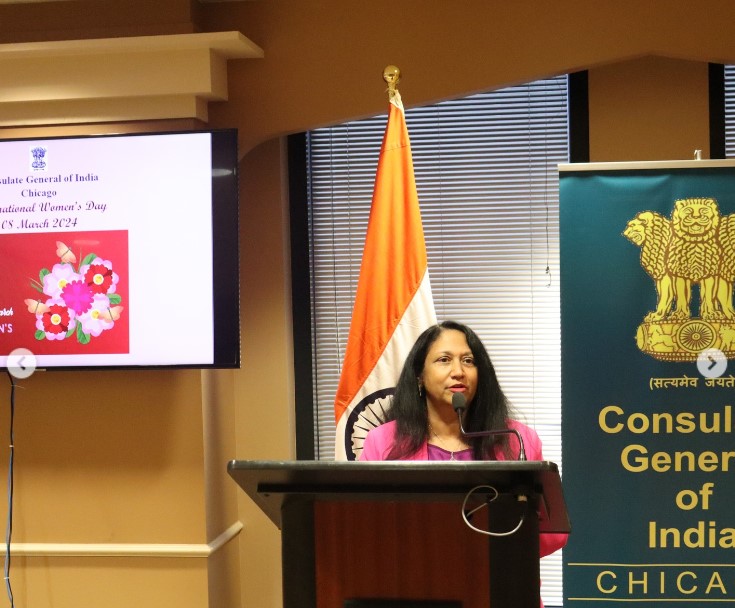 Dr Kalyani Gopal at a Consulate General nof India, Chicago event[/caption]
Dr Kalyani Gopal at a Consulate General nof India, Chicago event[/caption]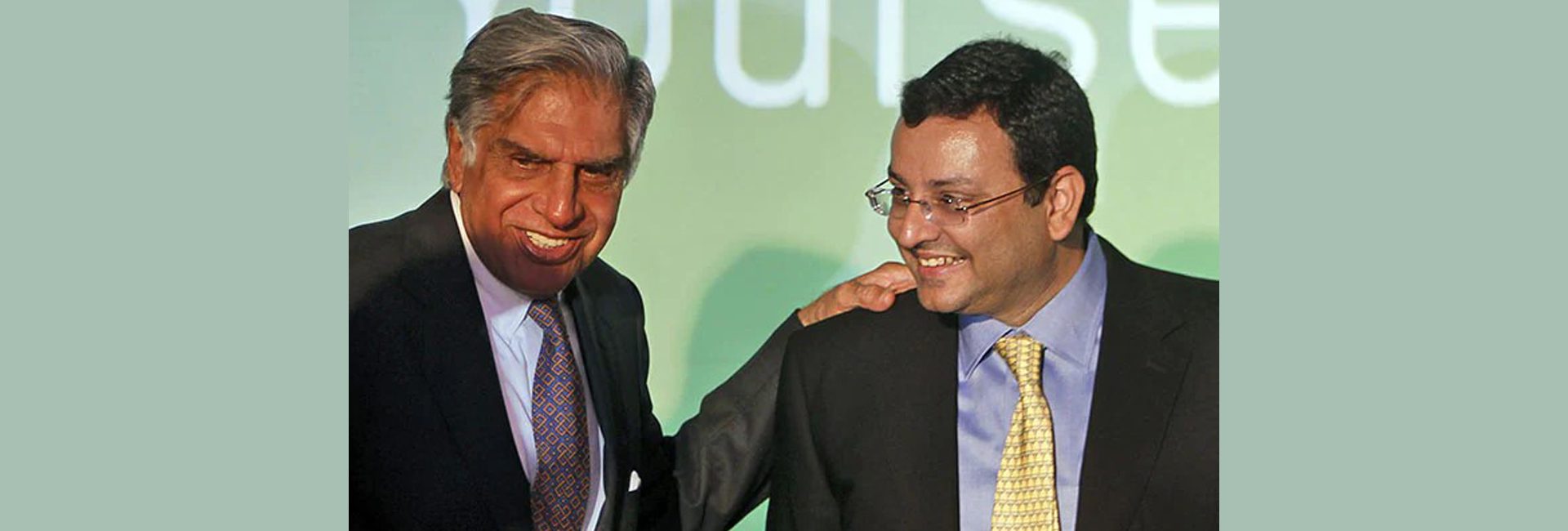
 Cyrus Mistry with Prime Minister Modi in 2016[/caption]
Cyrus Mistry with Prime Minister Modi in 2016[/caption] Vallarpadam Railway Bridge, the longest in India, contructed by Shapoorji Pallanji & Co[/caption]
Vallarpadam Railway Bridge, the longest in India, contructed by Shapoorji Pallanji & Co[/caption]
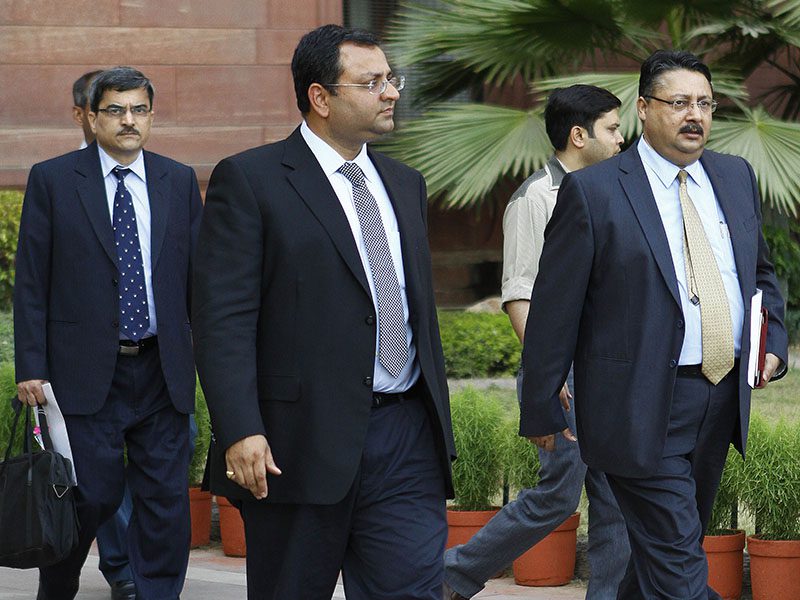 Tata Group Chairman Cyrus Mistry after a meeting at the Finance Ministry on May 29, 2012 in New Delhi, India. (Photo by Vipin Kumar / Hindustan Times via Getty Images)[/caption]
Tata Group Chairman Cyrus Mistry after a meeting at the Finance Ministry on May 29, 2012 in New Delhi, India. (Photo by Vipin Kumar / Hindustan Times via Getty Images)[/caption]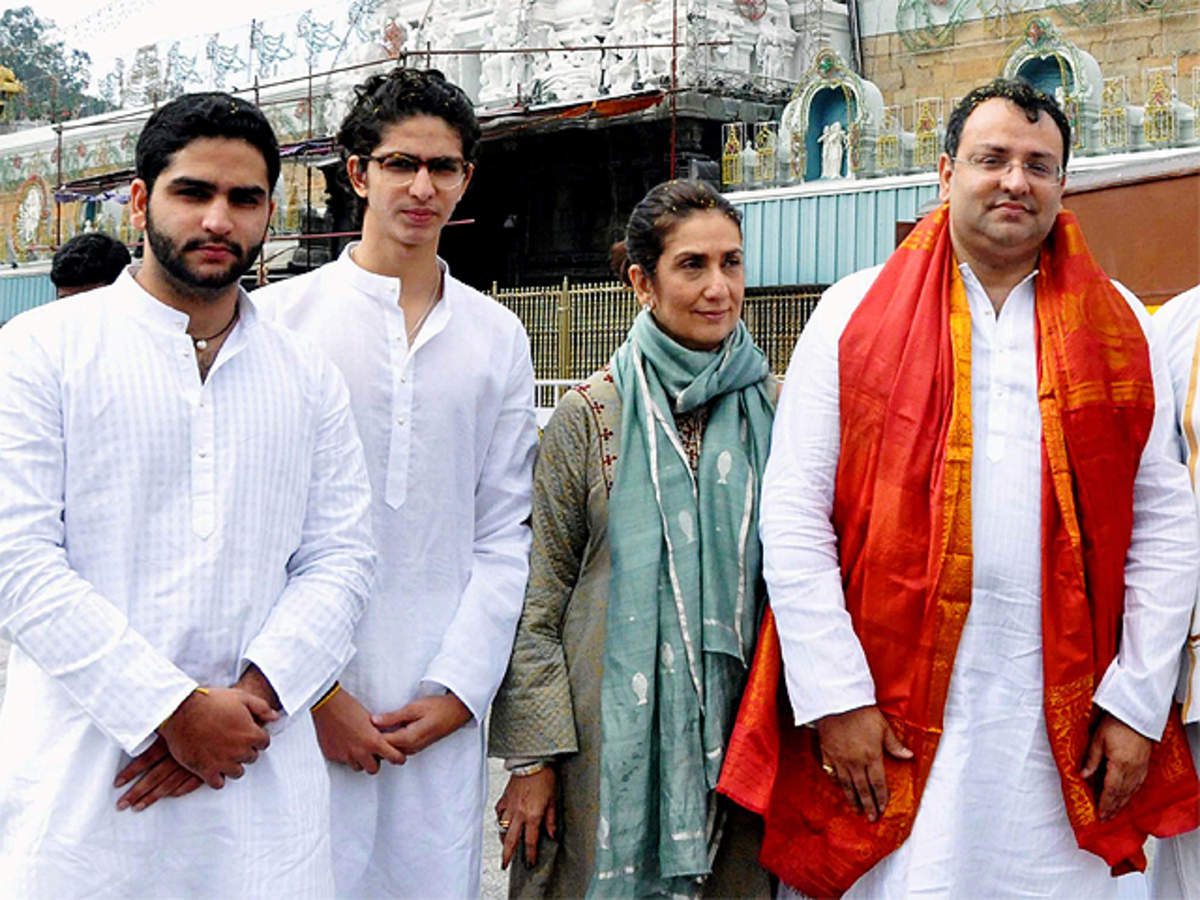 Cyrus Mistry and his family[/caption]
Cyrus Mistry and his family[/caption]
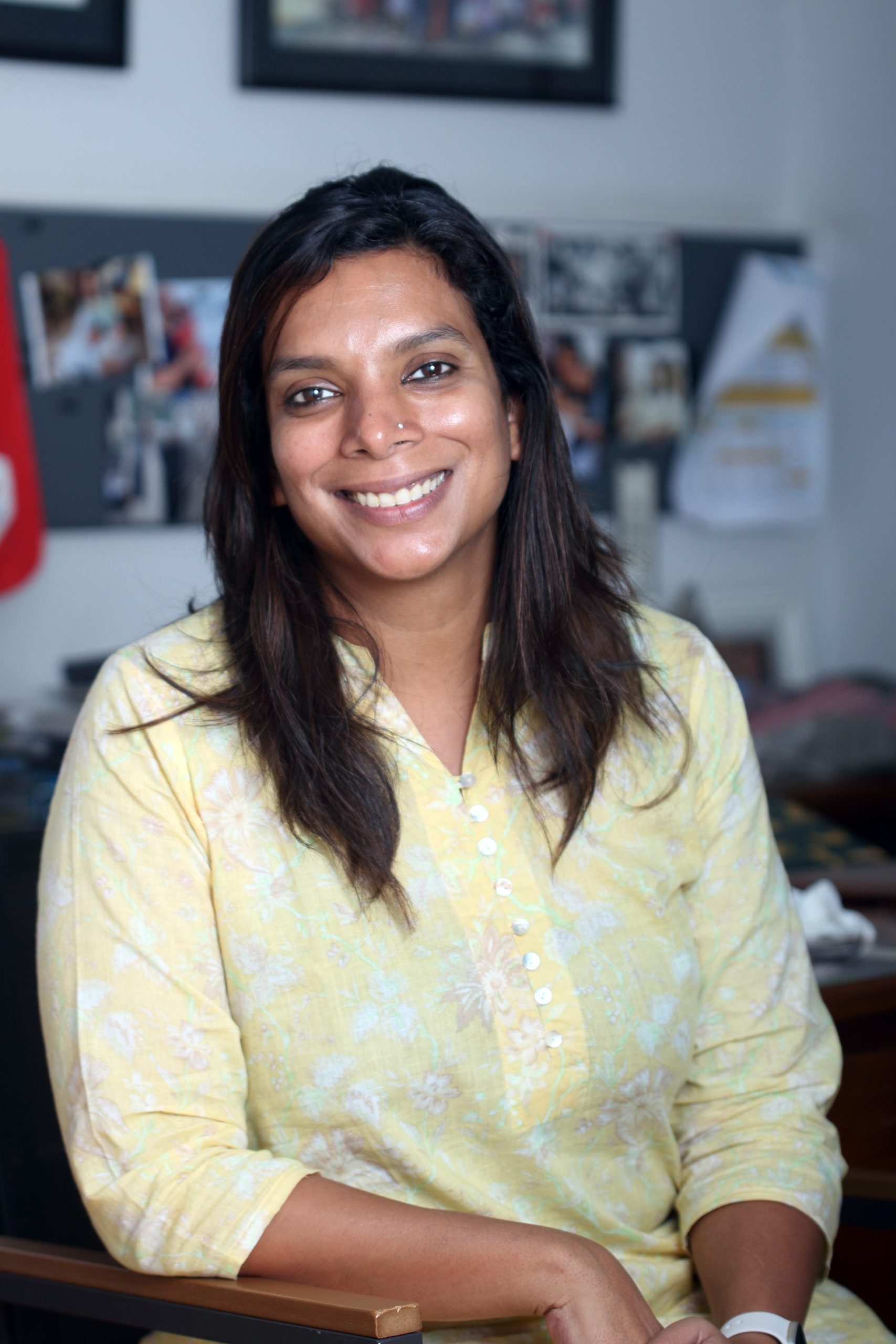 Mallika Ghosh, Parinaam Foundation[/caption]
Mallika Ghosh, Parinaam Foundation[/caption]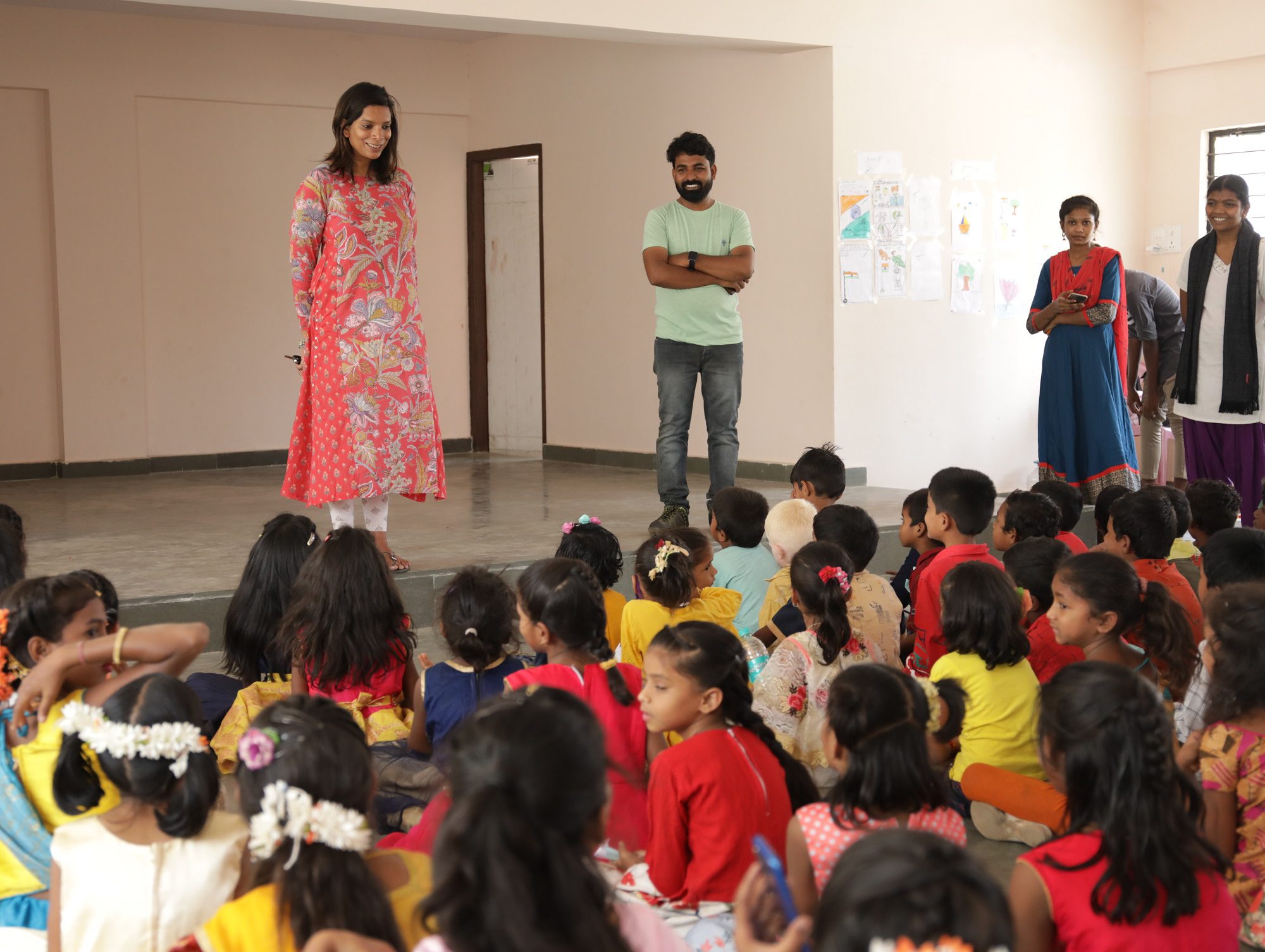
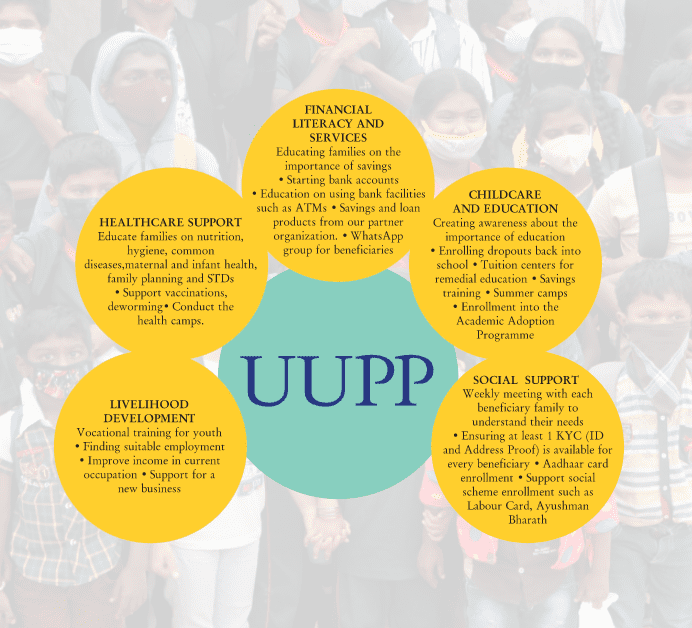 Image credit: Parinaam Foundation[/caption]
Image credit: Parinaam Foundation[/caption]